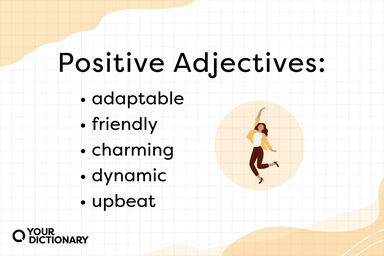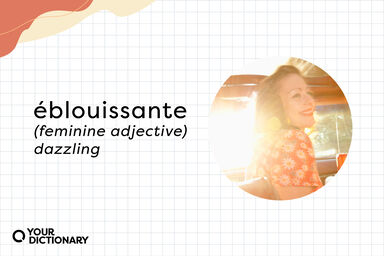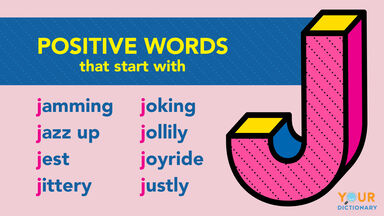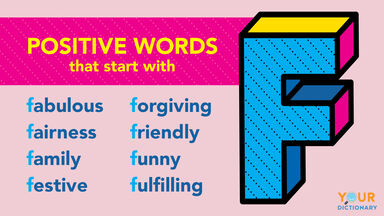Astonish Definition
Origin of Astonish
-
From an alteration (due to words ending in -ish: abolish, banish, cherish, establish, furnish, etc.) of earlier astony, astone, aston, astun (“to astonish, confound, stun”), from Middle English astonien, astunien, astonen, astunen, astounen (“to astound, stun, astonish”), from Old English *āstunian, from ā- (perfective prefix) + stunian (“to make a loud sound, crash, resound, roar, bang, dash, impinge, knock, confound, astonish, stupefy”), from Proto-Germanic *stunōną (“to sound, crash, bang, groan”), from Proto-Indo-European *(s)ten-, *(s)ton- (“to thunder, roar, groan”), equivalent to a- + stun. Compare German erstaunen (“to astonish, amaze”). Influenced by Old French estoner, estuner, estonner (“to stun”), either from an assumed Latin *extonare, or from Old Frankish *stunen (“to stun”), related to Middle High German stunen (“to knock, strike, stun”) and thus also to the Old English word above.
From Wiktionary
-
Alteration of Middle English astonen from Old French estoner from Vulgar Latin extonāre Latin ex- ex- Latin tonāre to thunder (s)tenə- in Indo-European roots
From American Heritage Dictionary of the English Language, 5th Edition
Astonish Is Also Mentioned In
Find Similar Words
Find similar words to astonish using the buttons below.





